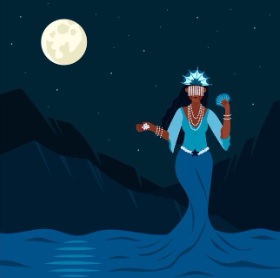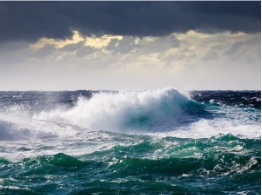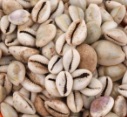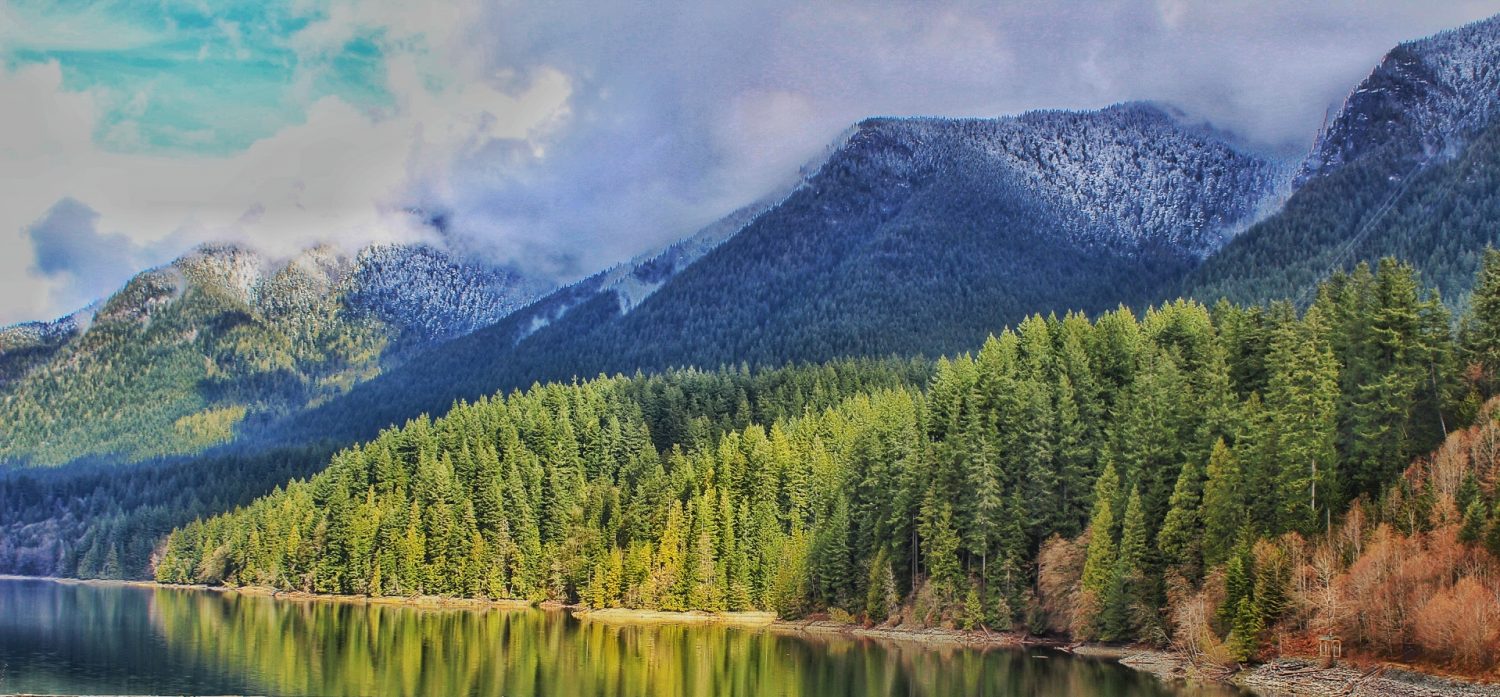Who is Yemoja?
Yemoja is a Water Orisha of the Yoruba tradition of Africa, originally practiced in now modern-day Nigeria, Benin, and Togo, but honoured much further afield today with variations of her name such as Yemaya (Cuba) or Iemanja (Brazil) though this is not an exhaustive list. Yemoja’s presence has travelled and is worshipped far and wide in communities that have strong connections to the terrible period of the West African slave-trade from the 16th century onwards.
Yemoja is a water Orisha that rules over the rivers, seas and oceans, and she is the Patron Goddess of

Ogun River in Nigeria. She is listed as one of the Seven Powers of the Yoruba along with Eshu Elegbara, Ogun, Obatala, Oshun (Yemoja’s Sister, another river Orisha), Shango and Oya (sometimes replaced with Orunmila or Ochossi).
The Orishas are divine spirits (or “demi-Gods”) that were sent by the Supreme God, Olodumaré, to Ayé (Earth) from Orun (the spirit world) to assist humanity and help us to be successful throughout our lives. Various Orishas have influences over areas of our lives, the forces of nature, and the environment.
Yemoja still, to this day, has a wide following with worshippers around the world. She was one of the eldest children of Oludomare and is revered as one of the most nurturing of all Orishas.
Why is Yemoja one of our Family Deities?
Yemoja is considered the Mother of All, and is fiercely protective of all of her children. She is thought, in many traditions, to be the beginning of life and governs conception, pregnancy, childbirth, child-safety, parenting and love. Yemoja aims to cleanse all her children of sorrow and suffering, with a particular protection over women and children, offering solace to women that worshipped her to cure infertility. Yemoja will protect her children at all costs and is fierce in her nurturing, though it is warned that if she is crossed and angered, she can be equally fierce in the form of stormy seas and tidal waves.

Connection to Yemoja is often found beside bodies of water such as rivers and seas, though it is advised that care should be taken as Yemoja’s love can lead her to want to embrace her children, forgetting that they live on the land and not in the deep waters.
Honouring Yemoja
You can connect and honour Yemoja by water as already mentioned and, around the world, there are numerous variations of celebrations and ceremonies performed for her.
Festivals are held in her honour in Nigeria and other areas of West Africa, lead by Priestesses of Yemoja and some festivals are syncretized with the Catholic faith where she is also known, as two examples, as Our Lady of Conception and Our Lady of Navigators.
In areas of Brazil, at the beginning of February, people gather to give offerings at her (Iemanja) shrine which are then collected and taken out to sea by local fishermen. In December, thousands of people gather at the beaches to honour her with festivities and parties. New Year’s Eve sees, again, thousands of people watching fireworks and throwing white flowers into the sea for the Goddess, some sending gifts out to see on small wooden rafts. Jumping seven waves is also a practice at these festival periods.

As you can tell, veneration for this Goddess and “Mother of All” is still very much alive in various forms.
You may also like to try your hand at divination with cowrie shells, an artform that Yemoja is also linked to.
Yemoja Correspondences:
Number 7 – corresponding to the seven seas
Blue and White – colours worn in many of the festivals around the world linked to her

Animals
Peacock
Sea Creatures
Doves
Images
Often depicted as a young woman, or sometimes mermaid in a blue and white dress, sometimes with seven skirts to represent the seven seas (linking with the corresponding number).
Fishnets
Shells
Fish
Offerings:
Coconut Cake
Flowers
Coral
Jewellery
Watermelon
Pomegranate
Images related to blog if needed (All licensed and usable in blog on site):
